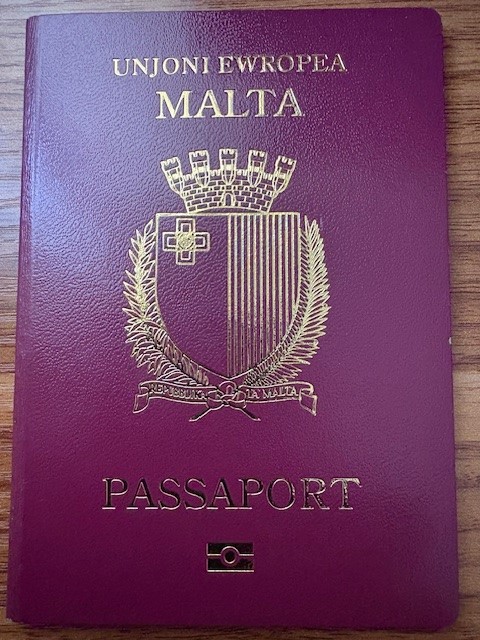Offshore
Malta's Golden Visa Shift Shows Market Is Growing Up – Advisor

We hear from another figure in the world of advising people on visa programmes about Malta's shift in how its own "golden visa" programme will work. Malta, an EU member state since 2024, was recently criticised by a top European court for the way its visa system works .
Following last week’s report that Malta is shifting its “golden
visa” regime to a
more “merit”-based one, another firm that advises people on
such programmes has welcome the island nation’s
position.
Malta, which has been an EU member state since 2004, is making
changes to its citizenship-by-investment system after the Court
of Justice of the EU earlier this year said Malta’s previous
scheme was
unlawful. The court condemned such schemes for
“commercialisation” of citizenship.
"The Maltese government's decision to transition from a
citizenship-by-investment model to a citizenship-by-merit
framework marks a natural evolution in the global investment
migration landscape,” Armand Arton, CEO of Arton Capital, told
WealthBriefing. “Governments are increasingly
recognising that the long-term value of residency and citizenship
programmes lies beyond just capital inflows. The major benefit of
citizenship by investment lies in attracting individuals who
bring skills, innovation, and economic strength to the host
country.”
“Ultimately, this aligns Malta with a wider international trend,
as seen in models like that of the UAE, where visas are granted
to professionals who are going to contribute actively to the
country’s socio-economic fabric, such as nurses and teachers. In
both cases, it is the applicant’s tangible impact on society –
not merely the weight of their wallet – that will determine their
eligibility,” Arton continued. (Arton also spoke to this news
service about the recent move by the US government to introduce
a “gold
card” visa.)
Last week Henley &
Partners, a prominent firm in the sector, said Malta had
taken a wise move.

Malta passport
Malta’s current system, introduced in 2017, gives foreigners the
chance to obtain Maltese citizenship by making financial
contributions ranging from €600,000 ($695,639) to €750,000,
alongside property investments and donations. Dozens of
countries, including several in the EU such as Spain and
Portugal, have offered variations on golden visas. (Portugal has
narrowed the scope of its programme, and Spain has ended it.)
Such programmes have waxed and waned – to some degree they are a
barometer of globalisation and the degree to which
internationally wealthy people and families want to move
around.
Arton said this global market is evolving in a positive way.
“This is a sign of our industry’s maturation. As long our world
remains uncertain, there will always be a demand for second
residencies and citizenships. What will change, however, is the
framework in which they are awarded. The industry is evolving,
and Malta’s move signals a shift towards merit, purpose, and
strategic national interest, ensuring that the programmes benefit
both applicants and the citizens of the host country,” he added.